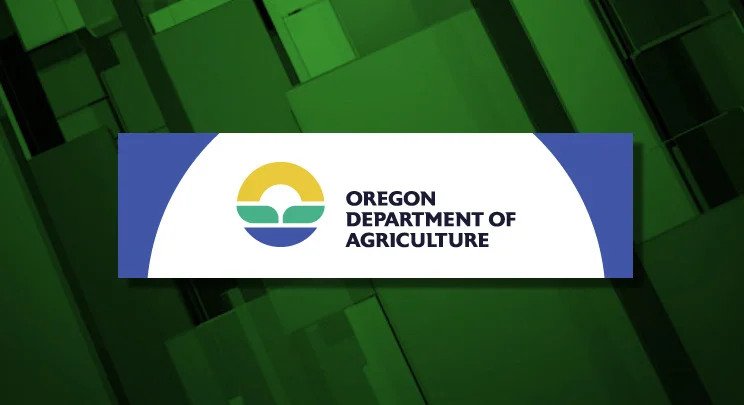ODA confirms 2 Equine Herpesvirus (EHV-1) cases following recent Redmond barrel racing event

ODA says delays mean more cases from exposures at event unlikely
SALEM, Ore. (KTVZ) -- One horse from Umatilla County and a second from Modoc County, California recently tested positive for Equine Herpesvirus (EHV-1) after attending a barrel racing event at the Deschutes County Fairgrounds in Redmond, the Oregon Department of Agriculture reported Friday.
In both cases, after exhibiting neurologic symptoms, the owners called private veterinarians to examine the animals and collect samples for testing. Out-of-state laboratories later confirmed EHV-1 in both horses recovering from their illness.
EHV-1 is a reportable disease, and veterinarians are legally responsible for immediately reporting all suspected cases to the Oregon Department of Agriculture.
Both horse owners reported the animals recently attended a barrel racing event held April 22-23 at the Deschutes County Fairgrounds. The ODA State Veterinarian has placed the Umatilla County premises under quarantine, while the California State Veterinarian has quarantined the Modoc County premises.
Because of delays in reporting and confirmation of both cases, it is unlikely that additional cases will result from exposures at the event, but horse owners who believe that their horse may have been exposed to EHV-1 should monitor their animal’s temperature twice daily and call their veterinarian if they see any symptoms.
While neurologic symptoms are rare, the EHV-1 virus is highly contagious and spreads via aerosolized secretions from infected coughing horses, direct and indirect contact with nasal secretions, and fetal fluids. EHV-1 typically has an incubation period of 2-10 days. Respiratory shedding of the virus generally occurs for 7-10 days, but may persist longer in infected horses.
Following basic biosecurity practices is essential in reducing the risk of exposure to all contagious equine diseases, ODA said in Friday's announcement.
Basic biosecurity measures to follow to decrease potential disease spread at equine events include:
- Limit horse-to-horse contact
- Limit horse-to-human-to-horse contact
- Avoid the use of communal water sources
- Avoid sharing equipment unless thoroughly cleaned and disinfected between uses
- Isolate new or returning horses from others for 30 days
- Monitor your horse for clinical signs of disease and report any temperature over 102°F to a veterinarian
You can find more information about EHV-1 at ODA online: https://oda.direct/EquineHerpesvirus
Sign up for equine news from ODA at: https://oda.fyi/EquineNews